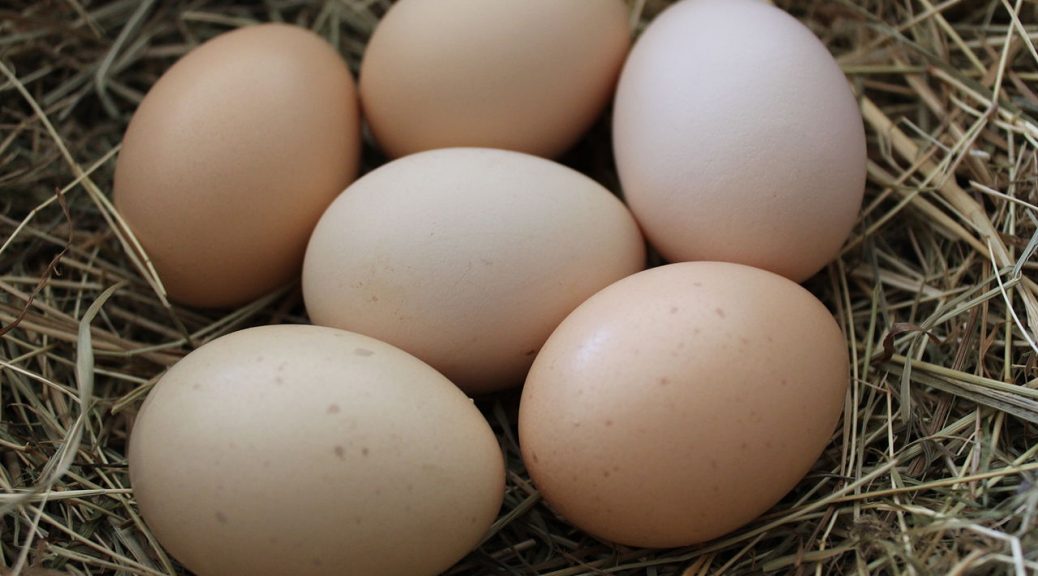If you keep chickens in your garden then you will probably be enjoying the gorgeous fresh eggs. But you may also wish to hatch some eggs and chickens don’t always prove to be the best mothers. If the hen is even slightly neglectful then the eggs will never hatch. It can be best to take responsibility for incubating the eggs yourself. Here’s what you need to do.
The Incubator
You can choose to invest in an incubator or to construct one yourself. If you decide upon the DIY route then you will need an insulated box, a heating pad or lamp and pot of water with a sponge in it to keep the air humid.
The eggs must be kept at 99.5 degrees and the humidity in the box should be between 40 and 50 per cent for the first 18 days and 70% for the remainder of the incubation period. You will need a thermometer and a hygrometer (a device which measures humidity) if you are to ensure that you maintain the correct environment. Choose high quality models as cheaper devices are often inaccurate. Finally, your creation must feature air vents to permit the foetuses to breathe.
If you invest in a commercial incubator then the more you pay, the more automated the process will be and the more accurate the temperature and humidity control. A good incubator will have a thermometer and hygrometer built in. It helps if these have external displays so you don’t have to open the incubator them as this will mean disturbing the environment. The better incubators will also turn the eggs for you. If your does not include this feature then an egg turner is a useful additional purchase. Otherwise you will have to turn the eggs manually.
Locating Your Incubator
Your incubator should be placed in a location with the least possible fluctuations in temperature and humidity throughout each day. Do not place your incubator on a windowsill or anywhere else in direct sunlight or close to a heat source like a radiator.
Choosing the Eggs
If you keep chickens and a cockerel, the majority of the eggs that are laid will be fertile. Collect them as soon as possible after laying and then transfer them to the incubator. Choose eggs which are clean and of a good size. Avoid sudden movements when moving the eggs as these can damage the embryos. The eggs are best transferred directly to the incubator but can be stored at temperatures between 50 and 60 degrees and in 75 percent humidity for up to ten days to delay gestation. They must be stored with the fat side of the egg pointing up to keep the embryos alive.
Incubation
Before moving the eggs to the incubator, switch it on and create the right environment. Check the temperature and humidity over the course of a day to make sure that all is well. Place the eggs inside and close the door. Keep checking the temperature and humidity and add more water if you need to.
The eggs must be turned at least three times each day. Choose two symbols and mark the eggs on opposite sides so you don’t get confused about which eggs you’ve turned. Turn them gently and ensure that they don’t rest on the same side over consecutive nights. Stop turning on day 18. It typically takes 21 days for the eggs to hatch.
Hatching
You should not interfere with the hatching process as handling the chicks may cause them harm. They will usually rest for a few hours after pecking their way through the shell for the first time before continuing to hatch. When the chicks are free from the eggs, leave them to dry off in the warmth of the incubator before moving them to a brooder.

